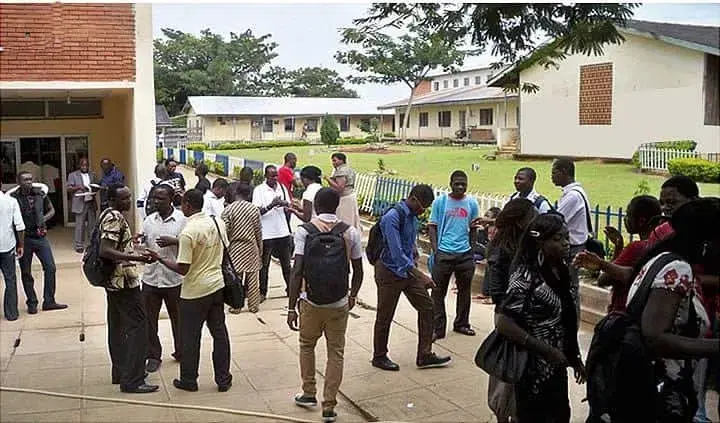A few years ago, many Nigerian parents preferred to enroll their one- to three-year-old children in “Jeleosimi” daycare centers—facilities designed primarily to keep toddlers busy while parents worked. The term Jeleosimi, a Yoruba expression meaning “let the household have peace,” aptly described the purpose of these centers: to provide a calm space for children aged one to five, where they learned basic routines for a modest fee and returned home by early afternoon.
Initially, only a few wealthy families patronized schools offering daycare or crèche services. Over time, however, both affluent and middle-class parents began enrolling their children in private primary schools—not only for convenience but sometimes as a display of social status or financial capability.

Today, the economic reality has reversed that trend. Rising inflation and the general high cost of living have pushed more parents—especially those with two or three young children—back to affordable daycare centers and “Jelesimi” lessons as an alternative to exorbitant private school fees.
According to Economy & Lifestyle findings, enrollment fees in many private schools have surged dramatically, with pre-kindergarten or kindergarten tuition now ranging between ₦200,000 and ₦900,000 per term.
Mrs. Chizoba Darlington, a small business owner who sells soup ingredients, shared her frustration:
“I had to take my child to a Jelesimi lesson nearby where they charge ₦20,000 per term. What does a two-year-old really learn in school? I pick him up by 3 p.m. when I close from work. These schools are just milking parents. Many people in my area are doing the same thing.”
She added that she had initially planned to keep her son at home until age three but was persuaded by neighbors who praised the daycare option.
“I know things are tough, but this increase is ridiculous for a one-year-old,” she lamented.

Another parent, Mr. Olorunfemi Bamikale, a company bus driver, also turned to a Jelesimi center for his three-year-old twins after receiving an enrollment bill of ₦859,700 from a private school.
“That’s the kind of money I could use to buy land,” he said. “Education is important, but how can a school charge over ₦400,000 for kindergarten? Even their staff don’t earn ₦100,000 monthly. I’ll move my children to a public school later, but for now, they’ll continue at the Jelesimi center.”
Investigations show that private school bills now include numerous charges—form fees, tuition, books, uniforms, sports levies, development levies, health trust contributions, and other miscellaneous costs—all justified by the schools’ attempt to maintain government-approved standards.
Mrs. Aduramigba Okunbor, a private school teacher, explained:
“Many parents are withdrawing their children, especially those in basic four and five, to public schools. It’s not entirely the schools’ fault. Everything is expensive now. Schools need funds to sustain quality facilities and provide an environment conducive to learning and development.”
The economic downturn continues to strain families’ finances, forcing many parents to prioritize survival over prestige. For them, Jelesimi daycares and private home lessons are not merely an option—they’ve become a practical response to Nigeria’s soaring cost of education.




